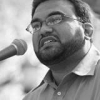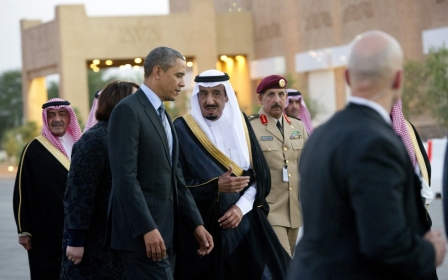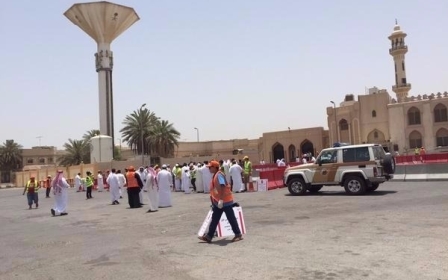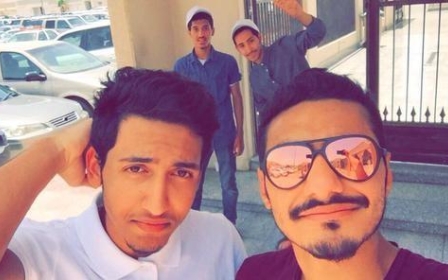Partial justice: How Saudi executions serve the monarchy
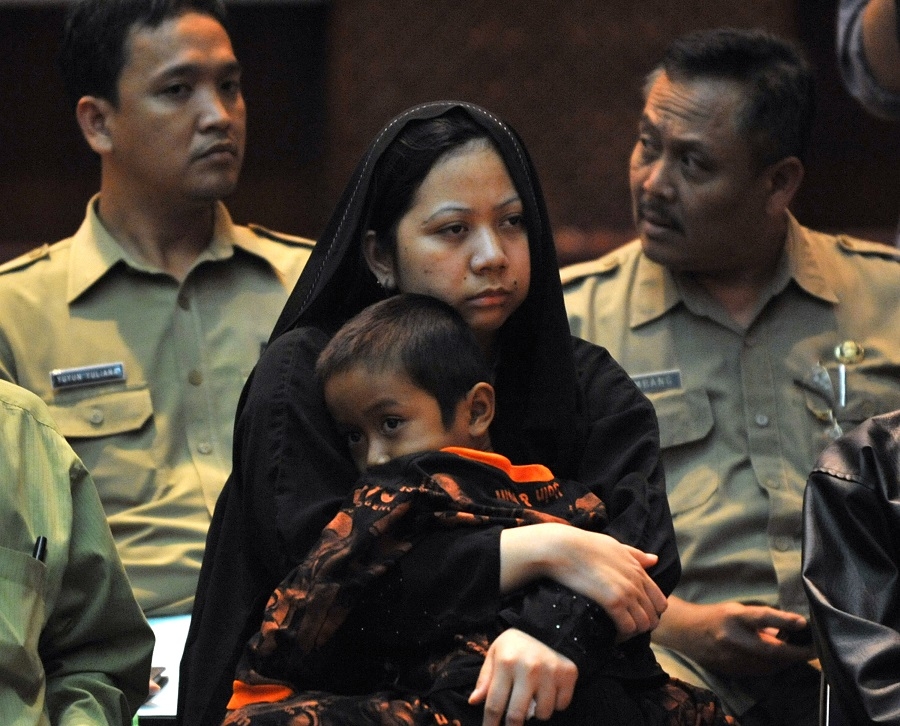
Saudi Arabia is on the verge of breaking a record for the most beheadings in a single year. While it is unlikely to surpass China and Iran in total executions, the kingdom is the only country to impose capital punishment by public beheading, and it is on pace to kill more people than it ever has before.
In the past six months, the Saudi government has executed at least 94 people - compared with 87 in all of 2014, according to AFP. This news should be shocking, but too many in the media have taken it as a matter of course. Saudi Arabia’s capital punishment practices are so harsh that casual observers of Gulf politics have missed the significance of a distressing increase in executions from 2014 to 2015. Indeed, as the number of executions continued to mount during the spring, The New York Times published an article, titled “Saudi Justice, Harsh but Able to Spare the Sword,” highlighting the possibility of clemency within the system.
The escalation in the number of executions has caught the Saudi government off guard: to meet such a high demand, the Ministry of Civil Service has had to advertise job openings for executioners. That the government has turned over such a grave responsibility to its Sunday classifieds speaks either to its desperation or its nonchalance; neither motivation is particularly heartening.
And yet, if anybody should have expected this trend, it is King Salman and his new inner circle. These men have worked tirelessly to further conflate criminal justice with the authority of the monarchy, all while reasserting the government’s seemingly unshakeable commitment to authoritarian rule.
The Saudi government has constructed a securitised system of justice that prioritises monarchical order over rule of law or the protection of individual rights and freedoms. In this system, the spike in executions can be seen as a response to the immediate political needs of the governing elite.
Government officials would no doubt reject such a harsh view of their nation’s capricious legal system, preferring to point, as King Salman has, to the supposed independence of the Saudi judiciary. It is true that Saudi judges exercise broad powers of interpretation. Discretion, however, does not equal independence, and execution-addicted Saudi courts always err on the side of government supremacy, often to the detriment of their impartiality. As even the aforementioned New York Times article suggests, when criminal justice is reconfigured as a function of authoritarian security, non-violent dissent is “believed to be more destabilising than adultery, or even murder”. It is no surprise then, that prominent religious scholar and political activist Sheikh Nimr Baqir al-Nimr is among those slated to die.
It has also become depressingly routine that the government would sentence a convicted rapist to only two years in prison while upholding blogger Raif Badawi’s 10-year, 1,000 lash punishment. In a securitised criminal justice system sublimated to serve an autocracy, this is the judiciary using its best discretion, and this is the context in which the execution rate is set to double from 2014.
Several commentators have sought to offer more technical explanations for the unprecedented spike in executions.
Some have attributed the surge to a rise in poverty. As the logic goes, a significant minority of the impoverished turn to drug trafficking, and the ensuing uptick in crime leads to a parallel increase in capital punishment.
Others have supposed that institutional changes are responsible for the rising execution rate. According to Reuters, the diplomatic community speculates that more judges have recently been appointed to address a judicial backlog, allowing more appeals to be heard and thus more death sentences to be upheld.
In this case, as The Washington Post puts it, “the uptick in executions might simply be the grim result of a better functioning bureaucracy”.
These are strikingly technocratic views, however, of a process driven by decidedly political calculations. The rate of executions has dramatically increased alongside rising regional turmoil and the ascension of a new king eager to solidify his domestic powers. In such a climate, any break from authoritarian order is punishable by the harshest means available; over 40 of the 94 executions have been for nonviolent offences.
As Saudi Prince Faisal bin Mishaal al-Saud acknowledged, “retribution” is more than a warning to would-be criminals, and certainly more than enactment of justice. it is a political act that returns stability to what was temporarily “total chaos”.
If the international community cares about reversing the Saudi government’s capital punishment policies, it will stop wondering over its internal bureaucratic mechanisms and start pushing for a series of concrete reforms that would dismantle the justice system’s securitised mandate.
A fully-codified legal system and the insurance of a fair and public trial by jury would be difficult but necessary steps towards substituting discretion with actual independence.
Let’s not have this same shock over sentencing practices the next time a new king needs to prove his bona fides. Right now, the Saudi government can spare the sword when it wants to. In the future, it should stay the sword as a matter of course.
- Husain Abdulla, originally from Bahrain, is the founder and executive director of Americans for Democracy and Human Rights in Bahrain. Husain leads the organisation’s efforts to ensure that US policies support the democracy and human rights movement in Bahrain. Husain also works closely with members of the Bahraini-American community to ensure that their voices are heard by US government officials and the broader American public. Husain graduated from the University of South Alabama with a Master’s degree in Political Science and International Relations and a BA in Political Science and Mathematics.
The views expressed in this article belong to the author and do not necessarily reflect the editorial policy of Middle East Eye.
Photo: Darsem, an Indonesian maid convicted of murder in Saudi Arabia, was spared execution by beheading when the Indonesian government paid 534.884 USD to Saudi Arabia. She was sentenced to death despite her plea that she killed the victim in self-defence because of attempted rape, 13 July 2011(AFP)
Middle East Eye propose une couverture et une analyse indépendantes et incomparables du Moyen-Orient, de l’Afrique du Nord et d’autres régions du monde. Pour en savoir plus sur la reprise de ce contenu et les frais qui s’appliquent, veuillez remplir ce formulaire [en anglais]. Pour en savoir plus sur MEE, cliquez ici [en anglais].


